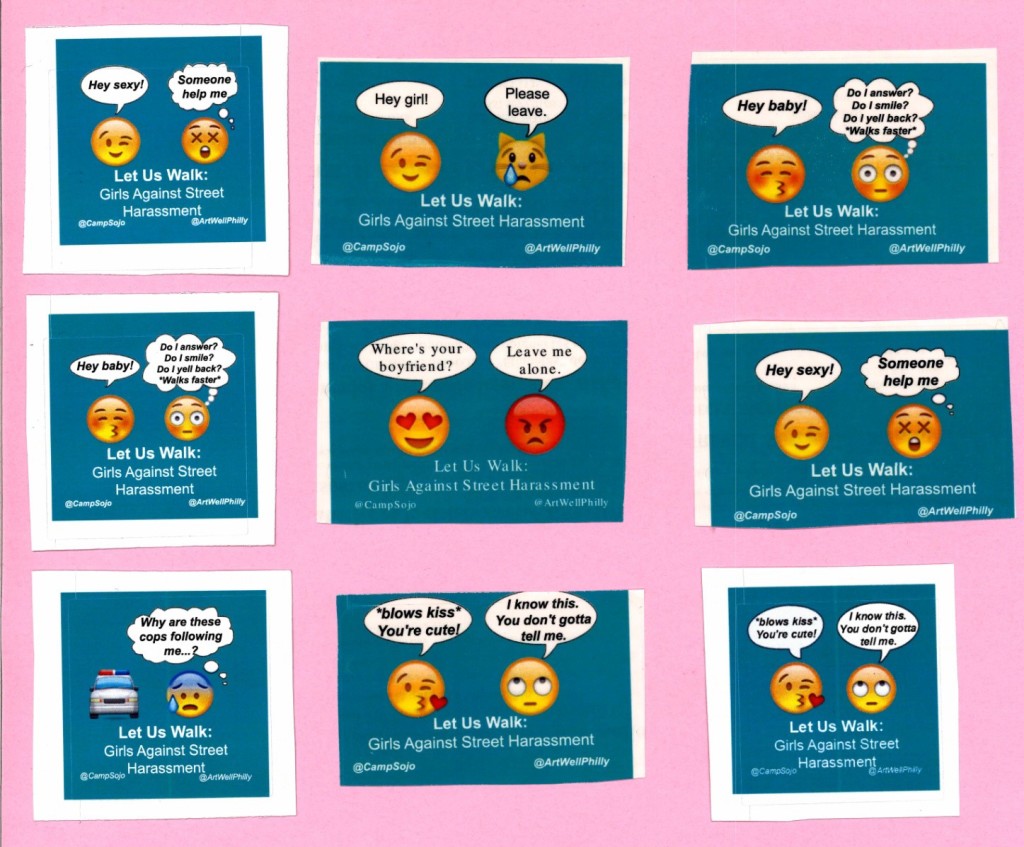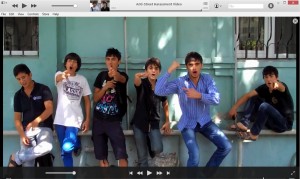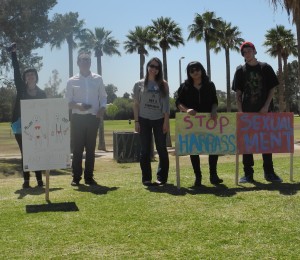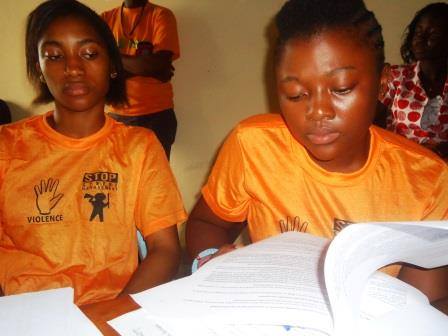I was in a store, looking at a shelf when a man in his 40’s pressed himself up against my back and whispered in my ear that I was beautiful. He then rubbed past me as he went back to his wife who was his age. The same thing happened in the same place months after, despite me taking all those months in between to gain the confidence just to go back there at age 12. The harassment by men hasn’t stopped since.
– Anonymous
This post is part of a back-to-school series to highlight the young age that street harassment begins. The stories in this series were shared as part of our recent survey on street harassment and age and they entail people’s first experience of street harassment. The full list of stories is available here.
As you read the stories, note that among respondents, 70% said they were 13 years old or younger at the time of their first experience. 24% said they were 14 to 16 years old. The remaining 6% were older than 16.
Need support?
Call the toll-free National Street Harassment hotline: 855-897-5910




